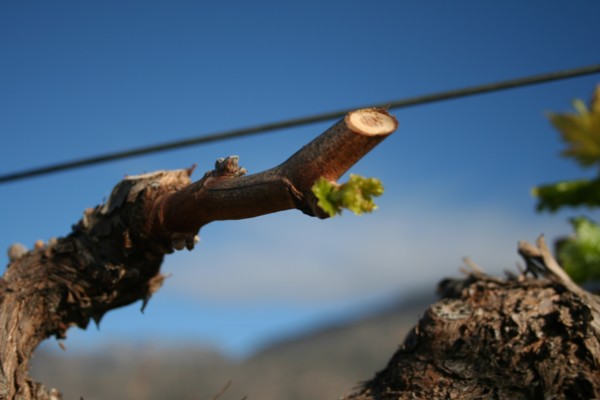In John 15, Jesus says, “I am the true vine, and my Father is the vinedresser. Every branch in me that . . . does bear fruit he prunes, that it may bear more fruit.” With these words He enters into the subject of divine pruning.
We might be surprised to notice how instantly Jesus links the thought of divine pruning and our place in Him. I dare say that the thought of divine pruning is not the first to come to our minds at the thought of union with Christ.
Pruning can involve serious pain. It is accomplished by means of cutting and slicing, sawing and extracting all that hinders fruitfulness. Pruning always results in less branch. It poses a graphic portrayal of an essential facet to the Christian life—life in union with Christ. Every life in union with Christ will experience divine pruning. The Christian will experience some form of pain, suffering, loss, disappointment, and frustration in the course of their plans and life.
The expectation of a pleasant, easy, and pain-free life has never been a biblical one—not on this side of the resurrection. There are very few things in these days of comfort that people seek to avoid more than pain. According to the American Academy of Pain Medicine, revenue in pain treatment ranges from $560 billion to $635 billion per year in America alone. This is not so much a criticism as much as it is an observation. There is nothing inherently sinful in the avoidance of pain, but there is danger in losing sight of its purpose in our lives.
The persuasion of an anti-pain philosophy has conditioned people of all situations to develop a sense of entitlement to comfort—and thus obligate God to eliminate all pain. It is no wonder why the matter of pain and suffering is the number one stated objection to faith in God. The objection is often framed in a syllogism like the following:
- All pain is bad (premise)
- God does not remove all pain
- God must not be good or must not be capable of removing the pain
But the syllogism is flawed by a false premise. It wrongly assumes that all pain is bad or dysfunctional. It may hurt, but that does not necessarily mean that it is bad. If there is any summary lesson in this picture of divine pruning it is this: we sometimes experience pain for very good and functional reasons.
God calls us to think differently. It has been said that truth is a glorious but hard mistress. The truth is that all who abide in Christ will experience pruning.
“I am the true vine, and my Father is the vinedresser.
Every branch in me that . . . does bear fruit he prunes,
that it may bear more fruit.”
(to be continued…)
-Pastor Manny

Comments are closed